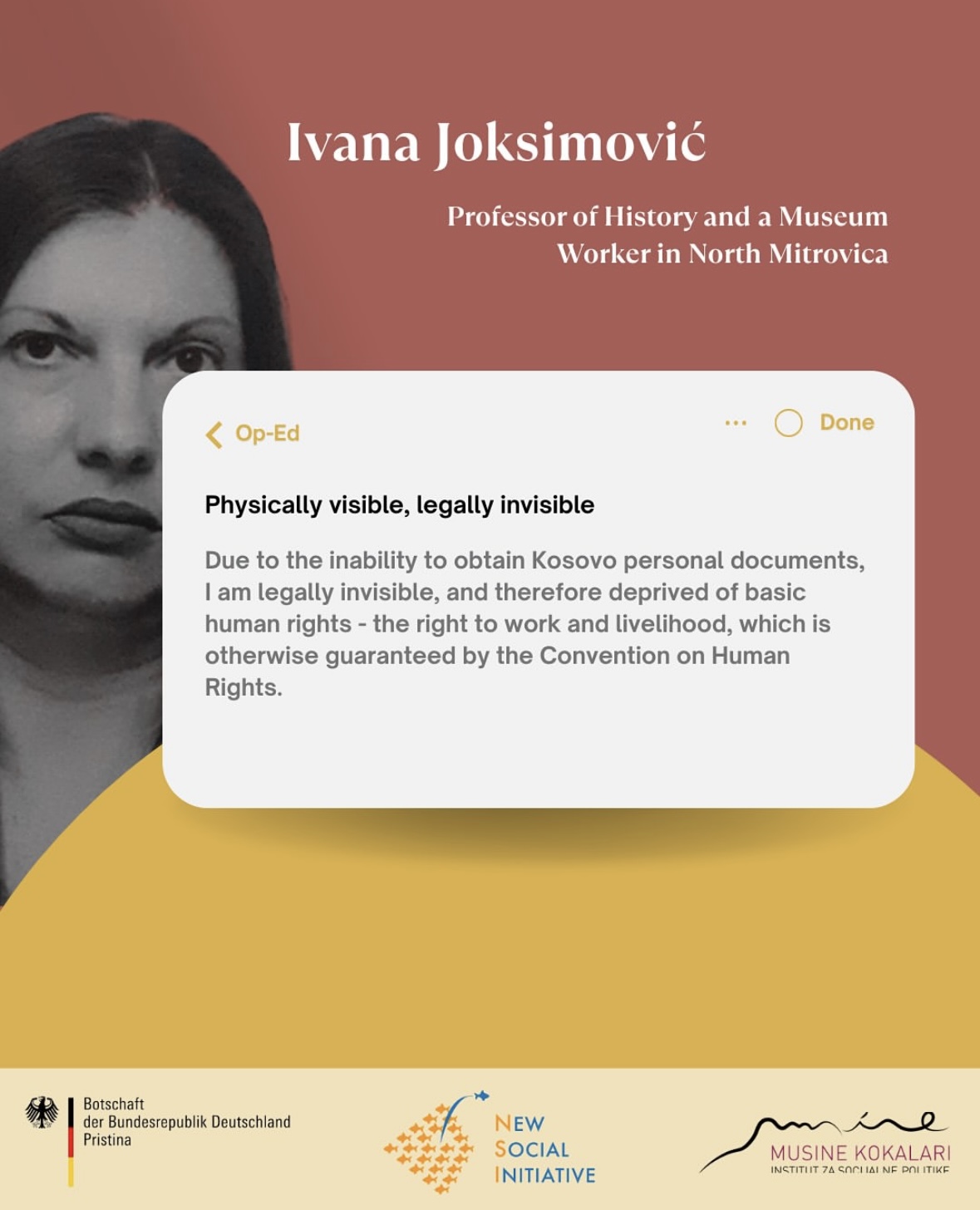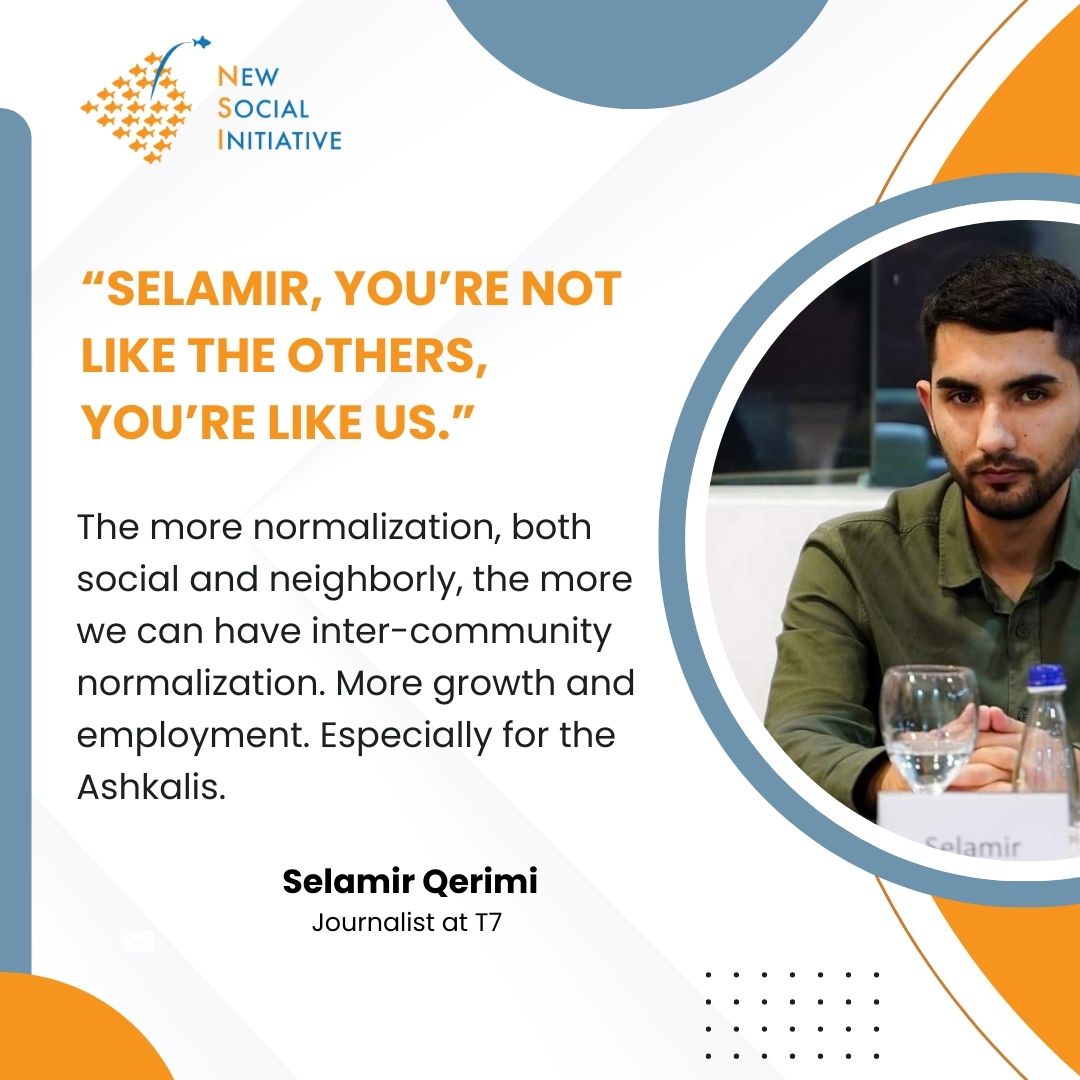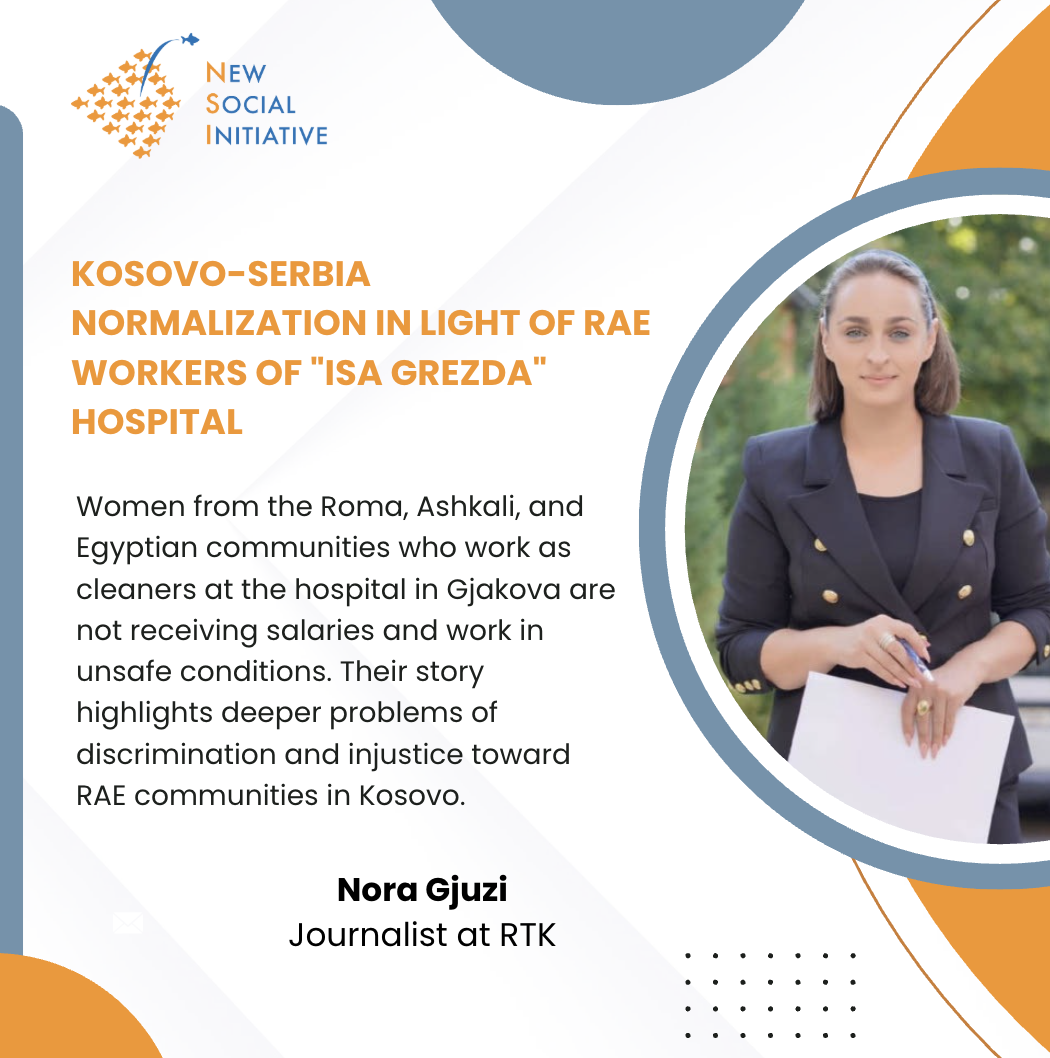A conclusive agreement between Kosovo and Serbia is inevitable. It might take time, but what is sure is that it will most certainly come. To borrow from former Secretary of Defense Rumsfeld, this is an unknown known situation, which is to say that others (in this case mainly those involved with the process) know, but you do not know, and by you, that includes all of us the public. However, there seems to be a vested interest in directing the public towards a different expectation, especially one where the current status-quo or no-solution is a solution with respect to Kosovo and Serbia dispute, is accepted as a norm. What we do not know, or it is not certain is the actual content of the agreement, or more specifically what will constitute a compromise between Kosovo and Serbia. In this context, there is significant speculation, but it is generally expected that it will involve the Association/Community of Serb-majority municipalities in Kosovo (A/CSM), in some form or another.
Also, we know or understand less about the day after. More concretely, there seems to be no planning at all of the day after. Hopefully the EU has learned the important lesson from the 2013 agreement that was hailed historic, but that led to significant backlash among Kosovar Albanians and Serbs over the nature and status of the A/CSM. Managing and planning for spoilers is crucial. Will a legally binding agreement between Kosovo and Serbia, when reached, as the EU demands it, be accepted and supported by the local population in Kosovo, and especially the Kosovar Serbs in the north? It seems to me there is very little discussion about this, especially in the north of Kosovo, where the conclusive agreement stands to be most consequential. Starting this discussion is extremely important, both in the north and the south of Kosovo. Not dealing with this question, will not make the issue go away. Parts of the Kosovar society, including Serbs and Albanians seem to subscribe to a notion whereby our current reality is sustainable. Kosovo and Serbia need to recognize each other and move forward. Neither can do that as long as they continue to be a pebble in each other’s shoes (a pebble with a serious potential of becoming a rock). But essential to this is starting to know each other better. There was so much investment in exchange programs between young people from Belgrade and Prishtina, while exchanges between Kosovar Serbs and Albanians was largely ignored.
I have recently attended a very lively discussion with a group brilliant and likeminded individuals in the north of Kosovo. Both Kosovar Albanians and Serbs, engaged in passionate discussions and exchange of their point of views. What is striking is, how limited our understanding of each-others experience and perspectives on the ongoing dialogue processes is. The discussion was not so much about one group trying to convince the other of the merits of their arguments, as it was – often – a desperate attempt to explain the point of view of a particular issue. This discussion showed how important is the work that civil society organizations are doing in bringing together young people from both sides of the aisle so that we can have a deeper understanding of each other’s (Kosovar Albanian/Serbs) positions, and how particular political arrangements negotiated and agreed in Brussels affect us in a different way. One question I asked in this meeting was, what will happen the day after the agreement? The complacency with this question is concerning. Both Albanians and Serbs seem very much invested in ensuring that the conclusive agreement reflects to the maximum their demands, while there is no conversation what happens next. We are entering the third decade that the reality in the north of Kosovo, politically, economically and socially has been different from the rest of the country, or the south of Kosovo. In the north there is an entire new generation that is not connected with the 1990s, or the immediate aftermath of the 1999. These young adults in their 20s, see the situation in a different light. Convincing them to accept a different reality from the one they grew-up in will not be easy.
The signing of the agreement in Brussels or Paris (or somewhere else) is not going to automatically change the situation, perception, behaviors and actual problems in the north. There continues to be a deep distrust between the Albanian and Serb communities. This distrust is especially deep with respect to political elites, and how one sees the leaders of the other. This is a serious problem. The conversation on the day after is vital for the Kosovar society to start to have, and this is particularly of relevance for the Kosovar Serbs in the north of Kosovo, who are in a particularly vulnerable position. Having political elites that shape a public discourse that presents a conclusive agreement with Kosovo, or power-sharing formulas for local Serbs as a doomsday scenario only adds to the challenges and helps foster ethno-national extremism.
Within Kosovo Collective Op-Ed series
Opinions expresses in this oped series do not necessarily represent those of the Balkan Trust for Democracy, the German Mashall Fund of the U.S. (BTD), U.S. Agency for International Development (USAID), or the U.S. Government.
Project is supported by the Balkan Trust for Democracy of the German Marshall Fund of the U.S. and USAID.










